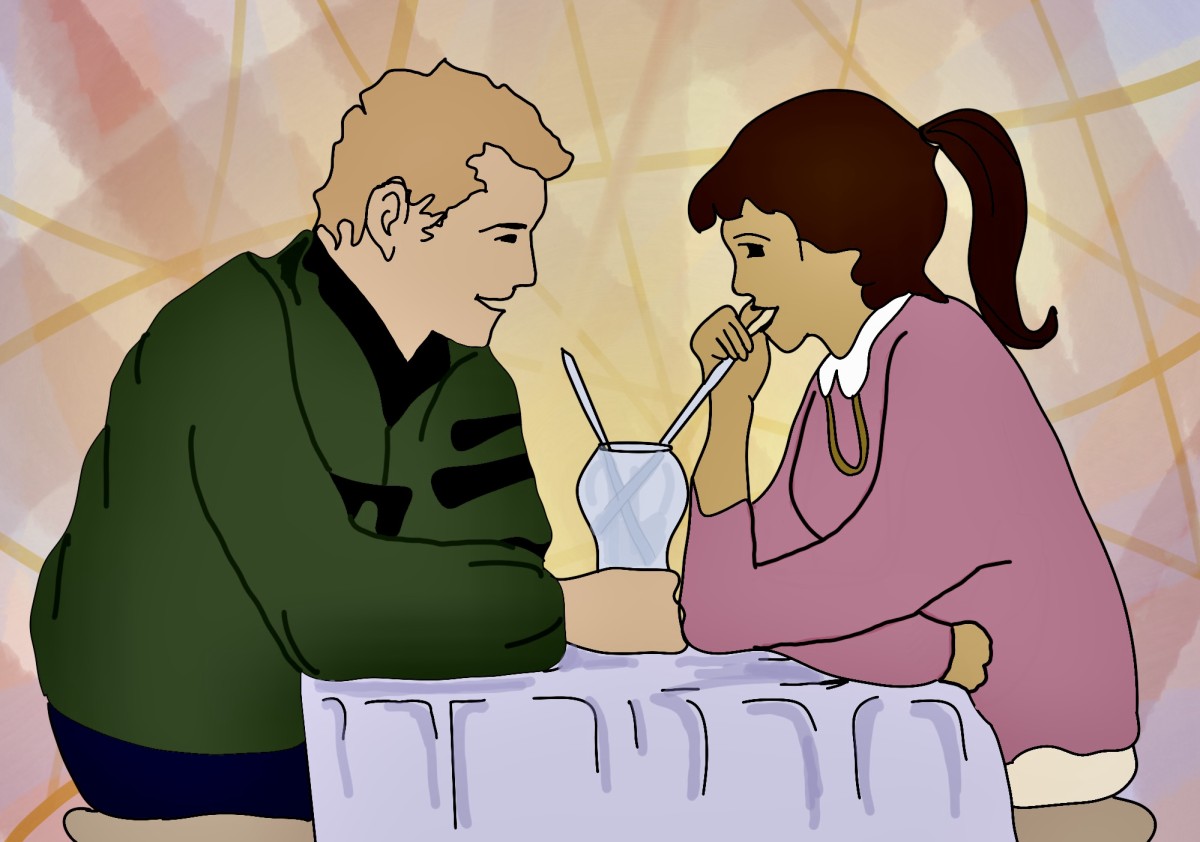“Situationship” is the ironic label stamped on a relationship to say that there is no label — and, to some degree, that there’s no relationship either.
In Tinder’s 2022 “Year in Swipe” release, a survey given to 18-25 year old singles revealed a
49% increase in members adding “situationship” to their bios, with many saying they “prefer situationships as a way to develop a relationship with less pressure.”
It can be alluring to get to know someone without the pressure of a long term commitment, but there’s a better way to go about taking things slow. Traditional dating, where you meet someone organically and ask them out to spend one-on-one time together in a public space, is an underrated route to a real relationship.
The problem with situationships isn’t the absence of a more serious relationship, but the confusion of whether or not you’re in one to begin with, or ever will be. Ambiguous romantic relationships can lead to worsened anxiety, insecurity and frustration. By avoiding mixed messages, traditional dating can help protect your peace.
“You do not need to be giving your time and energy to someone that doesn’t value you,” sophomore Natalia Nava said. “And if you’re giving him boyfriend treatment, make sure he’s your boyfriend!”
When people are involved in a no-labels, low-stakes relationship, there can be a lack of communication because you really don’t know what your (not) partner expects.
“I went on a date with this guy — but I didn’t know it was a date,” Nava said. “I went home to my friends, and I was telling them that he took me out to dinner, and they were like ‘how did you not know it was a date?’”
A benefit of traditional dating is clarity. For previous generations, you had to at least call someone, ask them out and the answer was yes or no. When you don’t know if you’re dating someone, it’s difficult to maintain an open dialogue regarding your feelings, needs or concerns. Healthy relationships are built on honesty, communication and trust — all of which a modern college relationship can easily lack.
“In order for a relationship to progress, you need to have something that we call reciprocal self disclosure, where you tell the other person about yourself, and reciprocally they tell back about themselves,” said Anita Vangelisti, a communications studies professor who focuses on personal relationships.
Another key aspect of traditional dating is a more cautious mindset regarding sex. Although delaying physicality in a relationship might seem old-fashioned, it’s one solution to the potential harms of modern “hook up culture.” Traditional dating offers a slow paced relationship without some of the instant assumptions that come with a swipe.
Dating apps, which approximately half of young adults have used, add a whole host of complications to modern romance.
“Pictures of you — that’s what defines everything. I don’t want to go into something knowing that a person has already made thoughts about me romantically or sexually. I don’t like that, and that’s why I deleted dating apps personally,” Nava said.
There are definitely connotations to traditional dating that we do not want on our campus. Heteronormative standards and misogyny can stay behind — what we can take from traditional dating is simply a more emotionally mature way of building relationships. When we treat dating mindfully, we practice compassion for ourselves, and in turn, build the foundation for a genuine connection.
Love is in the air, and if we can clear the cloudiness of modern confusion-ships, we might finally be able to see it.
Jackson is a Plan II and journalism sophomore from Boerne, Texas.















